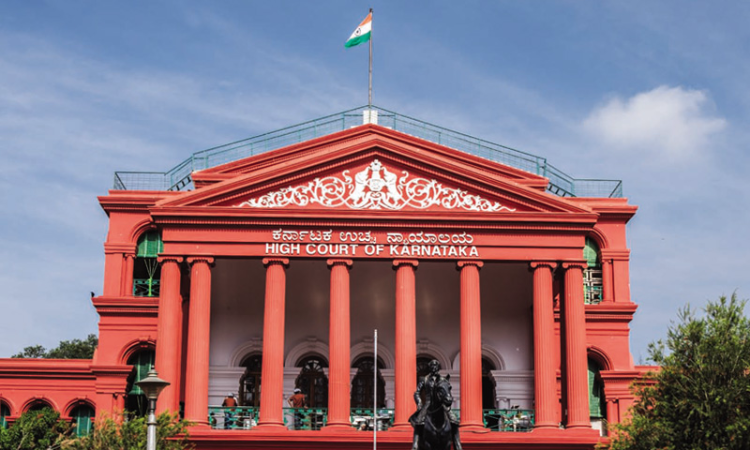Suit For Injunction In Respect Of Immovable Property Not Abated On Death Of Parties: Karnataka High Court
Mustafa Plumber
5 May 2022 5:30 PM IST

Next Story
5 May 2022 5:30 PM IST
The Karnataka High Court has said that in a suit relating to grant of injunction in respect of an immovable property, the right to sue is not personal to the plaintiff but survives to his legal representative and the suit for injunction would not therefore abate on the death of the parties. A Single Judge bench of Justice N S Sanjay Gowda said,"The right to enjoy possession of an...
